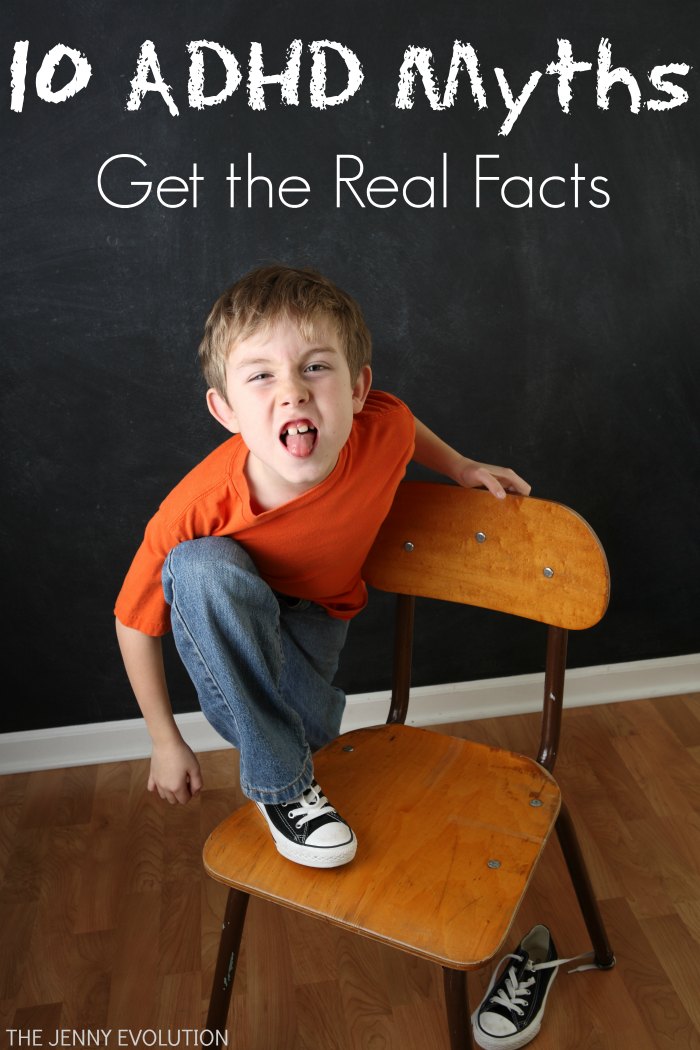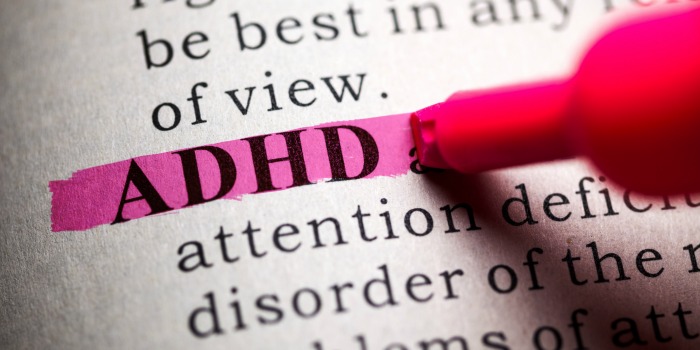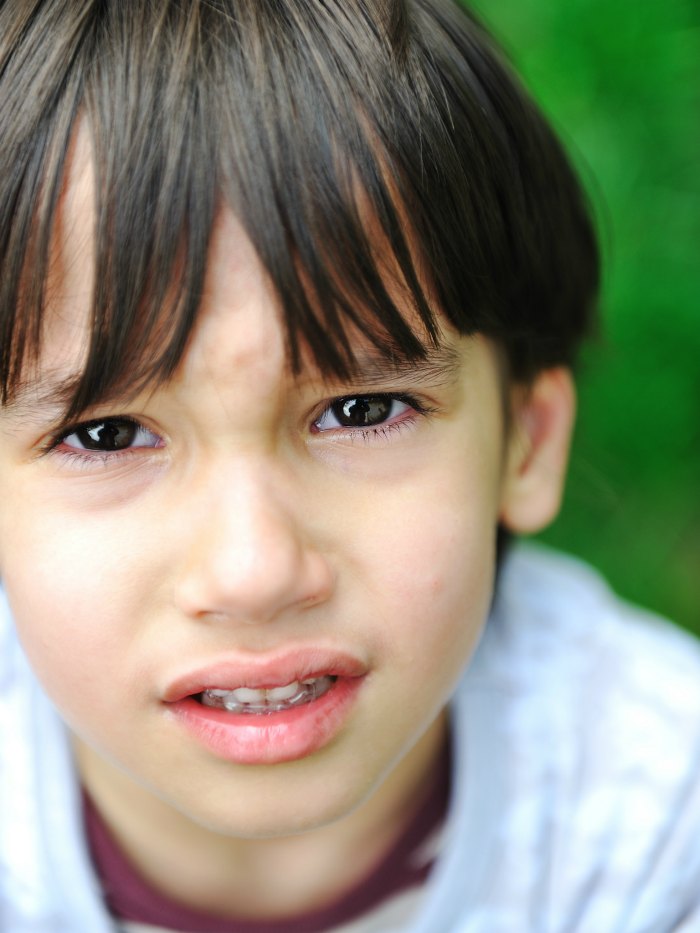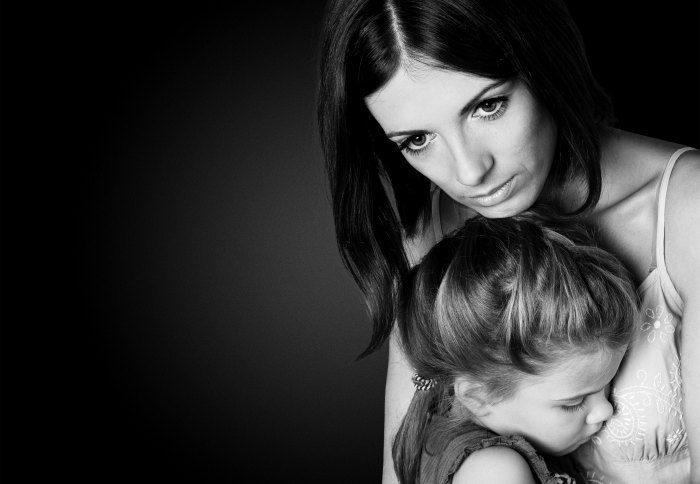ADHD Myths: Get the Real Facts
When it comes to understanding Attention-Deficit/Hyperactivity Disorder, there are a LOT of ADHD myths out there!
The problem with a lot of these myths is it can easily mislead people into how they manage and approach the children with ADHD in their lives, not to mention getting the proper diagnosis and treatment!
Personally, I find the worst is when people judge my family and spout off these myths to me about my own child. Grrr.
Be sure to read more of our informative parenting posts about ADHD!

ADHD MYTHS: Get the real facts
When we first uncovered that my son has ADHD, one thing I noticed was there are a lot of myths and misinformation floating around.
Seriously… what is a mom to believe?
The first time I ever told someone my son had ADHD, she casually commented that it seemed everyone was getting diagnosed with ADHD… basically implying that I was making this up or something!
“ADHD is a very real neurodevelopmental disorder that affects people of every age, gender, IQ, religion and socioeconomic background.
It’s characterized by a persistent pattern of inattention and/or hyperactivity and impulsivity that interferes with daily functioning and life’s achievements, and can have potentially devastating consequences when not properly identified, diagnosed and treated.” — David W. Goodman, MD, FAPA, Assistant Professor of Psychiatry and Behavioral Sciences, Johns Hopkins University School of Medicine
The next time someone shoots off a judgmental comment to dismiss the real things you are facing with your child, keep in mind the most common ADHD myths and the facts debunking those myths.

Top 10 ADHD Myths
Myth #1: ADHD isn’t real.
Fact: Some may claim that only Americans are falsely “diagnosed” with ADHD.
However, ADHD is recognized by the World Health Organization (WHO) as a neurodevelopmental disorder of international proportions, with scientific research conducted on every continent.
Myth #2: Bad parenting is the cause of ADHD in children.
Fact: ADHD is found around the world in a diverse range of cultures, economies, social and educational systems.
It is not the result of bad parenting.

Myth #3: There is no clear medical proof for ADHD.
Fact: Thirty years of medical imaging proves that there are multiple differences in the ADHD brain versus the normal brain.
Myth #4: Children outgrow ADHD.
Fact: At least 60 percent of children with ADHD will continue to exhibit symptoms of the disorder to an impairing degree during adulthood.

Myth #5: ADHD affects only boys.
Fact: Girls are just as likely to have ADHD as are boys, and gender makes no difference in the symptoms caused by the disorder.
But because this myth persists, boys are more likely to be diagnosed than girls.
Myth #6: If you weren’t diagnosed with ADHD as a child, you cannot have ADHD as an adult.
Fact: In the largest U.S. study of psychiatric disorders among the general population, 75 percent of adults with ADHD were never diagnosed as children.

Myth #7: ADHD is not passed down through genetics.
Fact: Current research shows that 75 percent of ADHD diagnoses are linked to genetic causes.
Myth #8: ADHD doesn’t cause severe problems.
Fact: ADHD life can be riddled with difficulties in functioning, interpersonal, social, academic and professional skills.
It can lead to significant issues at school and work, relationship problems, anxiety, depression, financial struggles and legal difficulties, which is why proper diagnosis and treatment are key to supporting children and adults with ADHD.

Myth #9: Medications are toxic and therapy doesn’t work.
Fact: ADHD is highly manageable with an individualized, multimodal treatment that can include behavioral interventions, parent and patient training, educational support and medication.
Also, ADHD medications have been proven safe and effective during more than 50 years of use.
These drugs don’t cure ADHD, but they are highly effective at easing symptoms of the disorder.
Myth #10: ADHD is over diagnosed.
Fact: It is estimated that 17 million children and adults in the United States alone have ADHD.
In many populations, ADHD is actually under-diagnosed.
For example, studies show that black and Hispanic students in grades one through eight are significantly less likely to receive an accurate diagnosis, and when diagnosed, are less likely to receive medication.
The fact remains that many children and adults remain undiagnosed, while many who have been diagnosed are not receiving the proper treatment.
Read more about ADHD and how to help your child on Mommy Evolution!
A special thanks to CHADD (Children and Adults with Attention-Deficit/Hyperactivity Disorder), for providing materials used to create this post.
CHADD serves as home to the National Resource Center on ADHD, funded by the U.S. Centers for Disease Control and Prevention and is a leading resource on ADHD, providing support, training, education and advocacy for families, adults, educators and healthcare professionals impacted by ADHD.

Welcome to Voices of Special Needs Blog Hop — a monthly gathering of posts from special needs bloggers hosted by The Sensory Spectrum and Mommy Evolution.
Click on the links below to read stories from other bloggers about having a special needs kiddo — from Sensory Processing Disorder to ADHD, from Autism to Dyslexia!

BRILLIANT and WISE.
I have to say that in our family ADHD has waaaaaaaaaay more of a devastating impact than autism. I see positive aspects too, in originality and so on.
Having striven for almost a decade to understand autism, my son’s recent additional ADHD diagnosis has caught me at a very overwhelmed and full-brain time, so i am glad to read this post and get some info that i can handle 😉
Thanks and love,
Full Spectrum Mama
I just wrote a fairly long comment that seems to have disappeared…Sorry!
I am a big fan of dispelling myths and this has become one of my favorite articles. I’m happy this blog addresses ADHD and the behaviors that children exhibit. So many people need to be educated on the struggles and learning needs and preferences of children and adults living with ADHD. Thanks! Christine – Sensory Friends
It’s so refreshing to read a positive post about ADHD.
I’m in the UK and my son was diagnosed at 4. The points you made are spot on and we get comments like that regularly.
It is insanely difficult to get a diagnosis of ADHD. Autism is diagnosed here as young as 2 but there is no ADHD assessment until 8! We went private because of the extreme behaviour and being excluded from school at 4.
Thank you for sharing this information and educating the world about ADHD. This is very valuable information! I also liked how you talked about ADHD and adults.
Informative blog come across
ADHD affects different kids in different ways: some children may be able to function relatively well with minimal treatment, while others may need more extensive care to manage their symptoms.